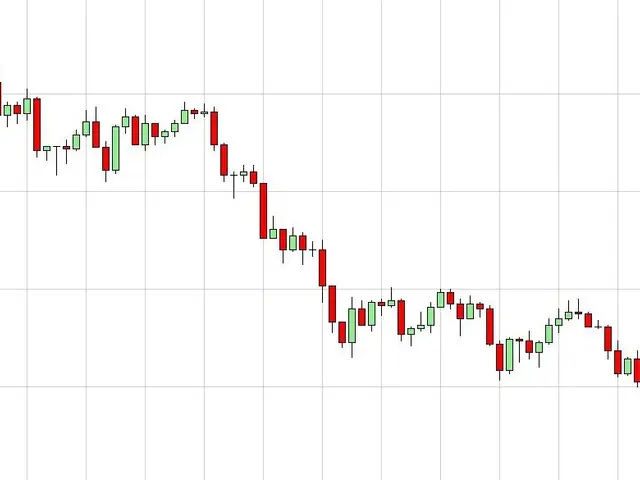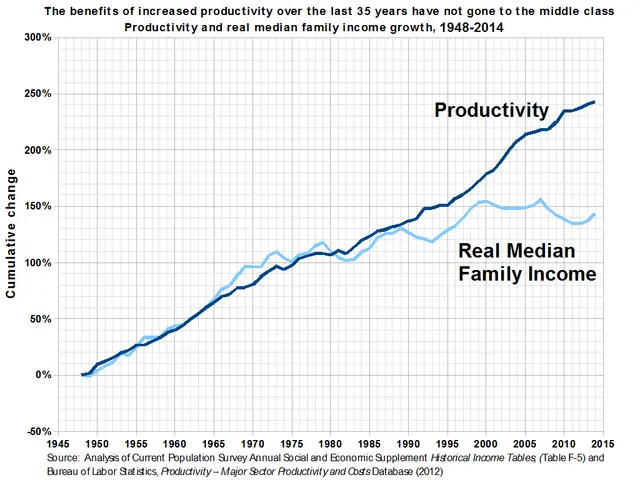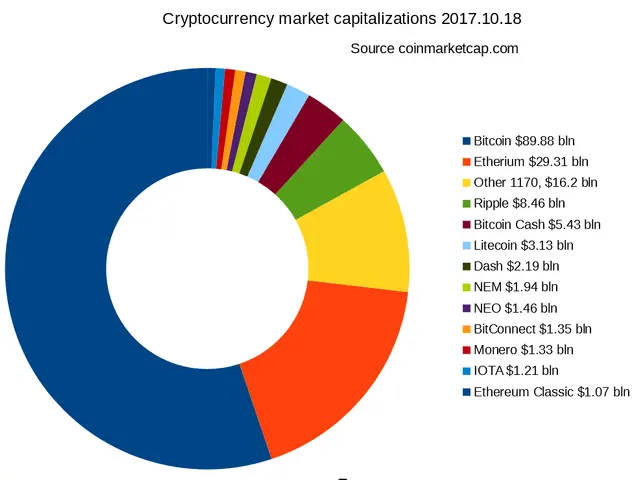U.S. trade policy not deterring Swiss businesses from pursuing stock market prospects
In the first half of 2025, the Swiss investment and export industry faced challenges due to unpredictable developments in US trade policy. The US government's surprise announcement on August 1, 2025, of a 39% import tariff on Swiss goods threatened exports to the US, potentially slowing Swiss export growth and impacting investment returns.
Despite these challenges, the domestic economy is expected to remain robust due to strong internal demand and services. The local Swiss industry volume reached CHF1.6 trillion, up 1.65% through the first six months of 2025 versus the end of 2024.
Adrian Schatzmann, CEO of the Asset Management Association Switzerland (AMAS), welcomed the net new money inflows with a preference for equities. These inflows were seen across multiple asset classes, including equities, bonds, money market, commodities, and alternative investments.
However, the tariffs pose a significant threat to certain sectors. A Swiss watch manufacturer, made in Switzerland and relatively easy to export, may bear the brunt of tariffs. On the other hand, industrials are not as extreme as Swiss watch manufacturers and often have local manufacturing sites to offset tariff impacts. Service-oriented industrials companies in Switzerland are considered relatively insulated from tariffs, while companies without a service component to sales may be more affected.
Jasmeet Munday, a fund manager at J O Hambro Capital Management (JOHCM), suggested looking for service-orientated companies where manufacturing is already spread out globally and therefore relatively sheltered from tariffs. Companies that are forced to spend on lower returning capital expenditure to broaden out supply chains and manufacturing to regional centers to avoid tariffs may see a lower premium applied to their shares. This investment may require healthy balance sheets to fund the necessary capital expenditure.
The potential difficulty lies in the purchase of spare parts manufactured outside of the US, which could impact companies with global supply chains. Companies may need to consider alternative suppliers or pay the tariff costs to maintain operations in the USA, but the returns on this capital expenditure may not be commensurately high.
Industries such as the chemical-pharmaceutical products remain exempt from the tariffs, and niche manufacturers in Switzerland are better positioned to handle tariff shocks than mass-market producers. As the situation continues to evolve, it is crucial for companies to adapt and find strategies to mitigate the impact of tariffs on their operations.








